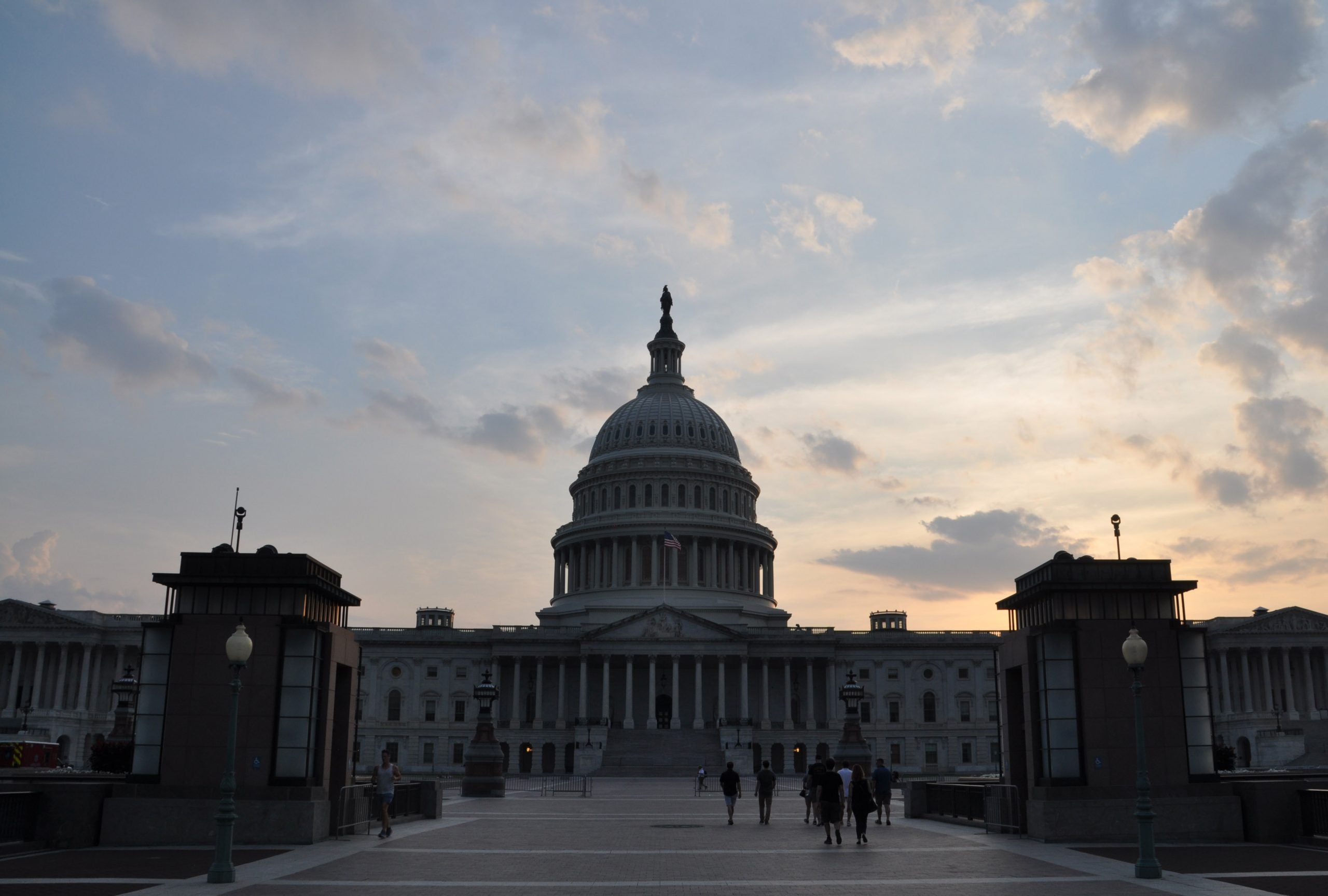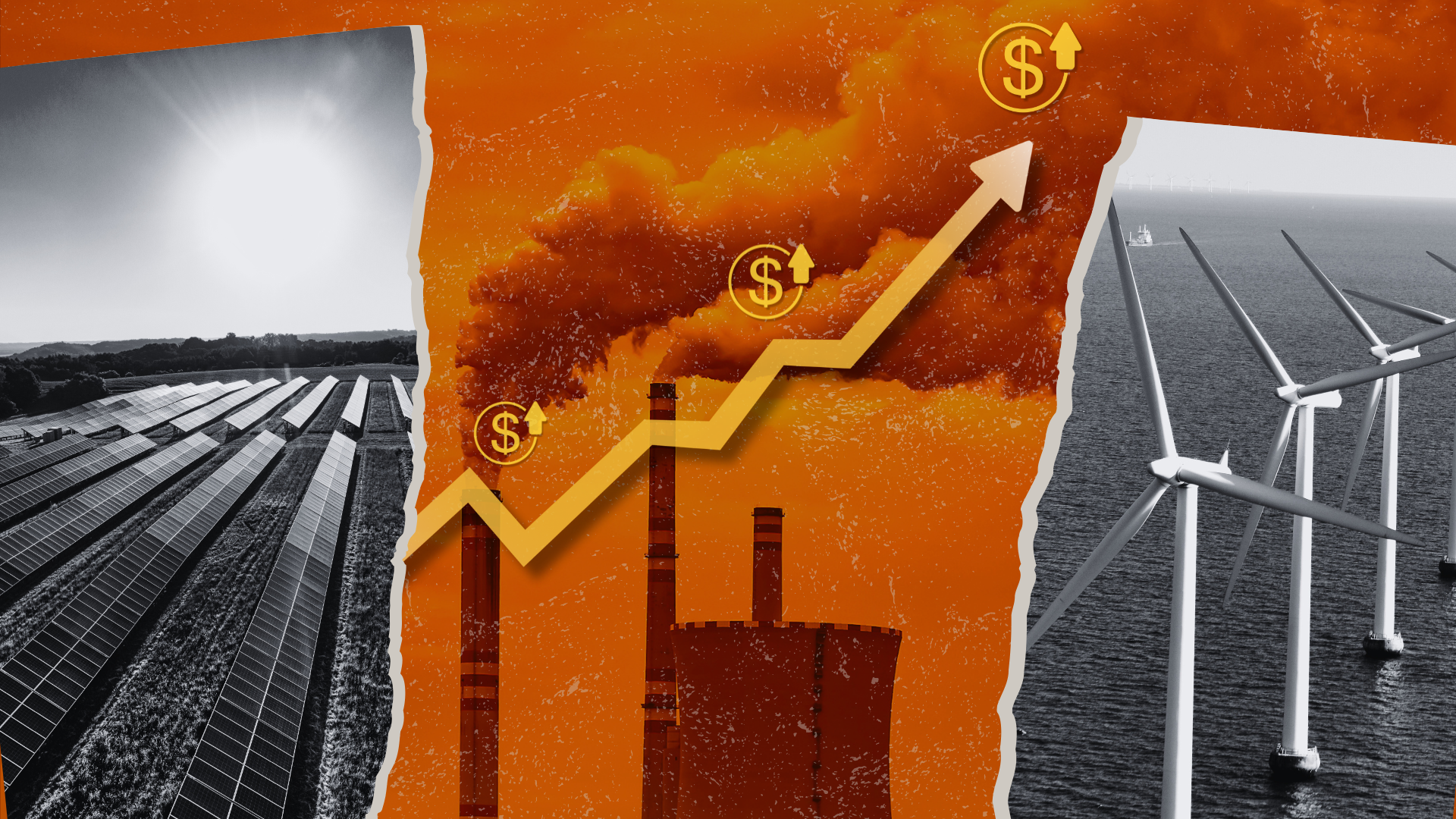Congress: It’s Time for Ambitious Action on Climate Change

Congress is building momentum toward bold clean energy policies that will create millions of jobs, accelerate clean energy and fight climate change. The bipartisan infrastructure deal the Senate passed in August was a positive and necessary first step. And now, we are looking forward to ambitious action that will help tackle the broad scope of the climate change crisis we all face.
We are focused on ensuring Congress does not miss this historic opportunity to drive down emissions in the power and transportation sectors, particularly in ways that advance environmental justice.
Clean Electricity
President Biden has stated his goal for the United States to cut greenhouse gas emissions by at least 50-52% by 2030. And as many analyses have shown, the linchpin to reaching that target is to reduce emissions from the power sector by at least 80% below 2005 levels by 2030. Federal lawmakers now have an opportunity to put the country on a course to reach those goals, with smart policies that will create millions of good-paying jobs in the process.
The transition to clean electricity could help advance environmental justice, as well. The policies should be designed to improve air quality and health outcomes, particularly in frontline communities living in close proximity to substantial sources of air pollutants. And one recent study found that in the nation as a whole, achieving an 80% clean electricity system by 2030 would prevent 93,000 premature deaths, and avoid $1.7 trillion in health and climate damages by 2050.
Here are the key clean electricity policy priorities that should be advanced by Congress.
- Ensure current clean energy tax credits are extended, include new credits for storage and transmission, provide full value, allow optionality to choose between the ITC and PTC, are in place for at least 10 years, and are refundable.
- A program that accelerates utilities’ transformation to clean power, helps drive down power sector emissions by 80% by 2030 and ensures that they stay on track to meet those commitments.
Clean Transportation
The global auto industry is already moving to zero-emission vehicles, and President Biden has announced his goal that half of all new cars sold in 2030 will emit no tailpipe pollution. Smart policies from Congress will help accelerate this transition, creating hundreds of thousands of good-paying jobs here at home and driving down climate pollution. And as with clean electricity, clean transportation, particularly zero-emission trucks and buses, can reduce the harmful pollutants that are often concentrated in low income communities and communities of color.
To achieve the scale needed to transform the transportation sector, federal lawmakers should prioritize the following policies:
- An expansion of tax credits for electric vehicle purchases, manufacturing, and charging infrastructure.
- Additional funding through grants for public EV charging infrastructure — with an emphasis of deployment in communities of color and low-income communities, and on medium- and heavy-duty vehicle (MHD) charging infrastructure and depot charging.
- Incentives for the purchase of MHD electric vehicles.
- Additional funding for electric school buses.
- Additional investments to electrify drayage vehicles at ports.
In the days ahead, Congress needs to follow through on this vital opportunity to supercharge economic and job growth while making significant investments in climate action. We don’t have any time to lose.












